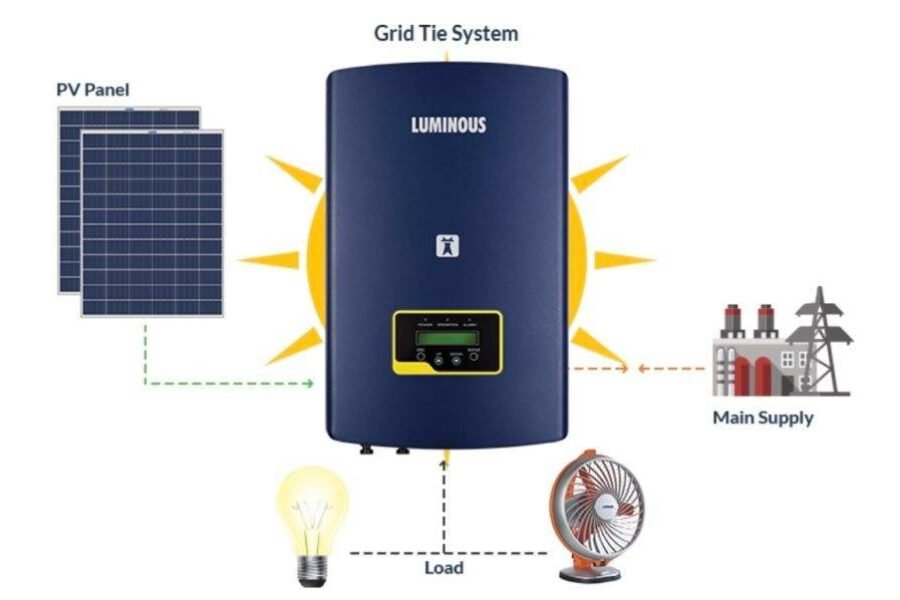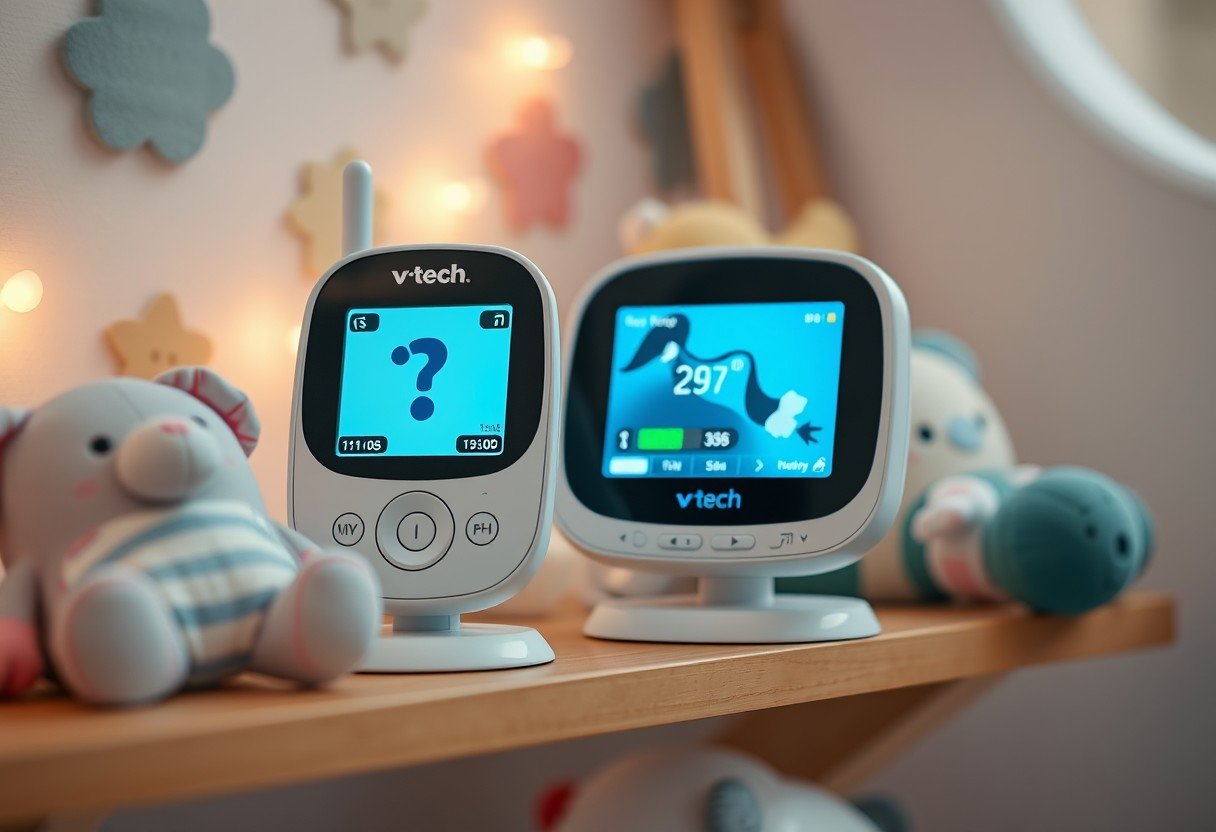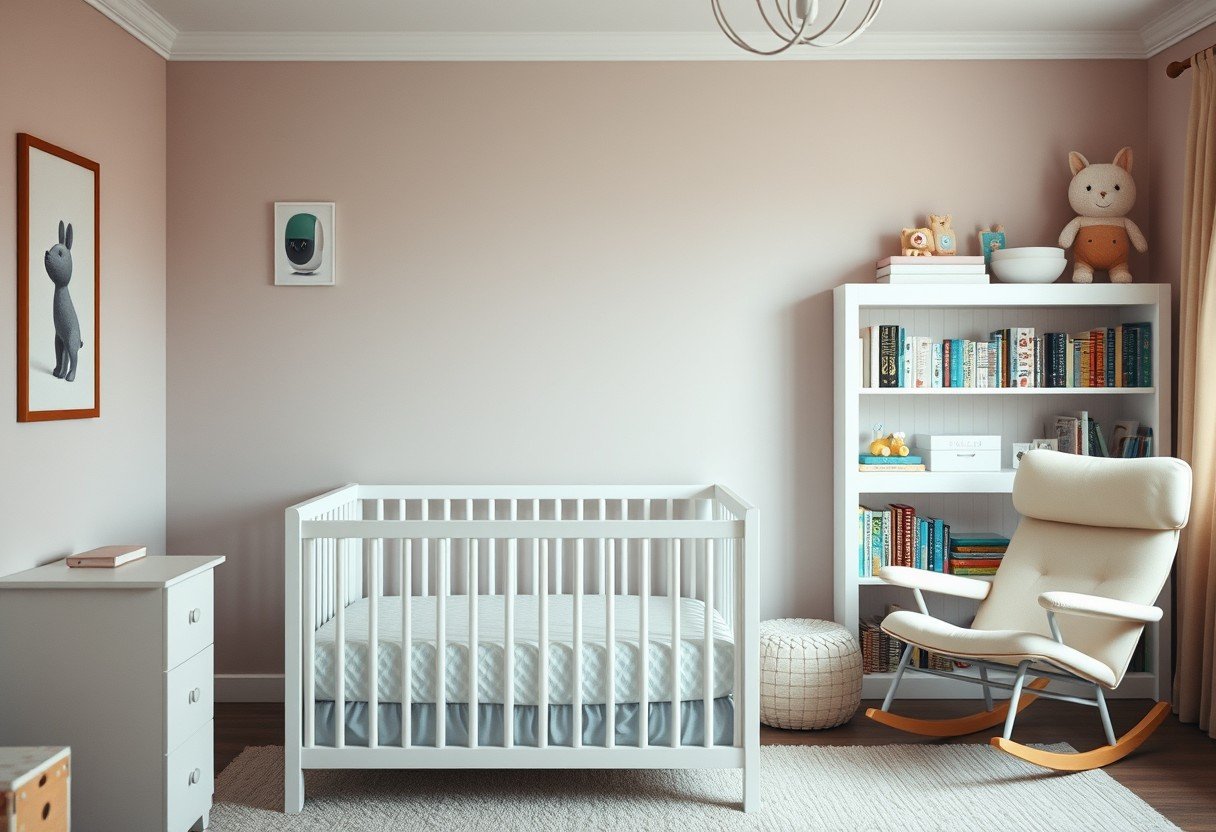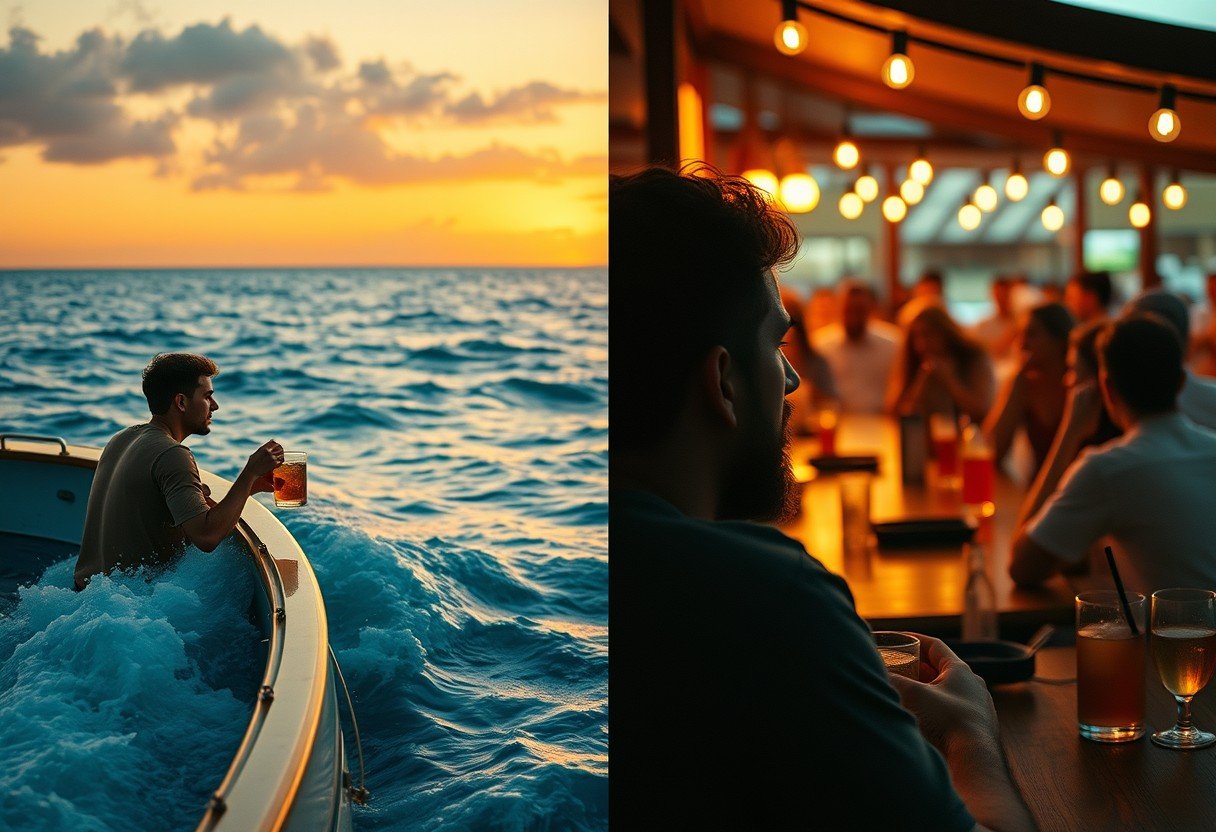Thinking about getting your windows tinted but worried about the cost? The price of window tinting involves more than just the film itself. Factors like the type of material, the size of your windows, and whether you hire a professional all play a significant role. Understanding these elements helps you set a realistic budget and choose the best option for your car or home, ensuring you get great value for your money.
What Really Determines Your Window Tint Cost?
The final bill for your window tinting project is a sum of several key parts. While it’s easy to look for the cheapest quote, understanding what you’re paying for is crucial to avoid disappointment later. The quality of the film and the skill of the installer are paramount.
The single biggest factor influencing the price is the type of tint film you select. From basic dyed films to high-tech ceramic options, the material’s performance in heat rejection, UV protection, and durability varies widely, and so does its cost. A cheap film might save you money now but could bubble or fade in just a year or two.
Beyond the film itself, other practical considerations will affect the price. Be sure to get a detailed quote that breaks down these costs so you can compare offers accurately.
- Size and Number of Windows: This is straightforward—more glass means more material and more labor, which increases the overall cost.
- Complexity of Installation: Windows with sharp curves or unusual shapes, like those on some sports cars or custom homes, require more skill and time to tint perfectly, driving up the labor cost.
- Installer Reputation and Location: Experienced, reputable installers with a history of quality work often charge more than newcomers. Additionally, labor rates can vary significantly depending on your city and state.
Considering these points will help you understand why prices can differ so much from one shop to another.
A Closer Look at the Different Types of Window Tint Film
Choosing the right type of window tint is essential for getting the results you want. Each film type offers a different balance of price, performance, and aesthetics. Ceramic film, for example, is a popular premium choice because it offers excellent heat rejection without interfering with electronic signals like GPS or cell phones, a common issue with older metallic films.
Here is a breakdown of the most common types of window tint films to help you decide which is best for your needs and budget.
| Film Type | Key Features | Average Cost Level |
|---|---|---|
| Dyed Film | Most affordable, good privacy, blocks some UV rays. Can fade over time. | Low |
| Metalized Film | Excellent heat rejection and durability. Can interfere with electronics. | Medium |
| Carbon Film | Better heat rejection than dyed film, no signal interference, matte finish. | Medium-High |
| Ceramic Film | Superior heat and UV rejection, maximum clarity, no signal interference. | High |
While dyed film is a great budget option, investing in a carbon or ceramic film often provides better long-term value due to superior performance and a longer lifespan.
Professional Installation vs. a DIY Window Tint Kit
One of the biggest decisions you’ll make is whether to hire a professional or try to install the window tint yourself. DIY kits are available for as little as $50, which seems tempting compared to professional installation costs that can range from $200 to $800.
However, window tinting is a skill that requires precision and patience. Without the right tools and experience, a DIY job can easily result in bubbles, creases, and peeling edges. This not only looks bad but also reduces the effectiveness of the tint.
A professional installation ensures the film adheres perfectly and is cut to the exact dimensions of your windows. Professionals have the proper environment and specialized tools to guarantee a flawless, long-lasting finish. Furthermore, most professional jobs come with a warranty that covers both the film and the labor, giving you peace of mind that your investment is protected.
Don’t Forget to Check Local Window Tinting Laws
Before you pick out your favorite dark shade, it’s critical to research your local laws. Every state has specific regulations regarding window tint, particularly for vehicles. These laws dictate the maximum darkness, or Visible Light Transmission (VLT), allowed on different windows.
For example, rules for front side windows are almost always stricter than those for rear windows. Getting a tint that is too dark can lead to expensive fines and a “fix-it” ticket, forcing you to pay to have the illegal tint removed. Consulting a professional tint shop is the easiest way to ensure your new tint is fully compliant with state regulations. They are experts on local laws and can guide you to a choice that is both legal and meets your needs for privacy and heat rejection.
The Long-Term Value and Return on Investment
While there is an upfront cost, quality window tinting should be viewed as an investment that pays you back over time. One of the biggest returns comes from energy efficiency. By blocking a significant amount of solar heat, window film can reduce the strain on your car or home’s air conditioning system, leading to lower fuel consumption or electricity bills.
The benefits extend beyond just cost savings. Window tint blocks up to 99% of harmful UV rays. This protects your skin from sun damage and prevents the upholstery in your car or the furniture in your home from fading and cracking. The added privacy and reduced glare also contribute to a more comfortable and secure environment.
Finally, a professionally tinted vehicle or home often has a higher resale value. It’s an attractive feature for potential buyers who recognize the benefits of comfort, protection, and energy savings.
Frequently Asked Questions about Window Tinting
How much should I expect to pay for car window tinting?
For a standard sedan, you can expect to pay between $200 for a basic dyed film and up to $800 or more for a premium ceramic tint installed by a reputable shop. The price depends on the film quality, car size, and local labor rates.
Is ceramic window tint worth the extra cost?
Yes, for most people, ceramic tint is worth the investment. It offers the best heat and UV ray rejection without interfering with electronics and provides superior clarity, making it the highest-performing option available.
How long does window tint last?
The lifespan of window tint depends on its quality. High-quality carbon or ceramic films installed professionally can last for 10 years or more, while cheaper dyed films may start to fade or bubble in as little as one to two years.
Can you see out of tinted windows at night?
Yes, you can still see out of tinted windows at night. However, darker tints will reduce visibility more than lighter ones. Reputable films are designed to maintain good optical clarity, but it’s important to choose a legal tint level that you are comfortable with for nighttime driving.
Will window tinting damage my windows or defrosters?
When installed by a qualified professional, window tint will not damage your windows or rear defroster lines. Professionals use safe techniques and solutions to apply the film correctly, ensuring all window features function as they should.







Leave a Comment